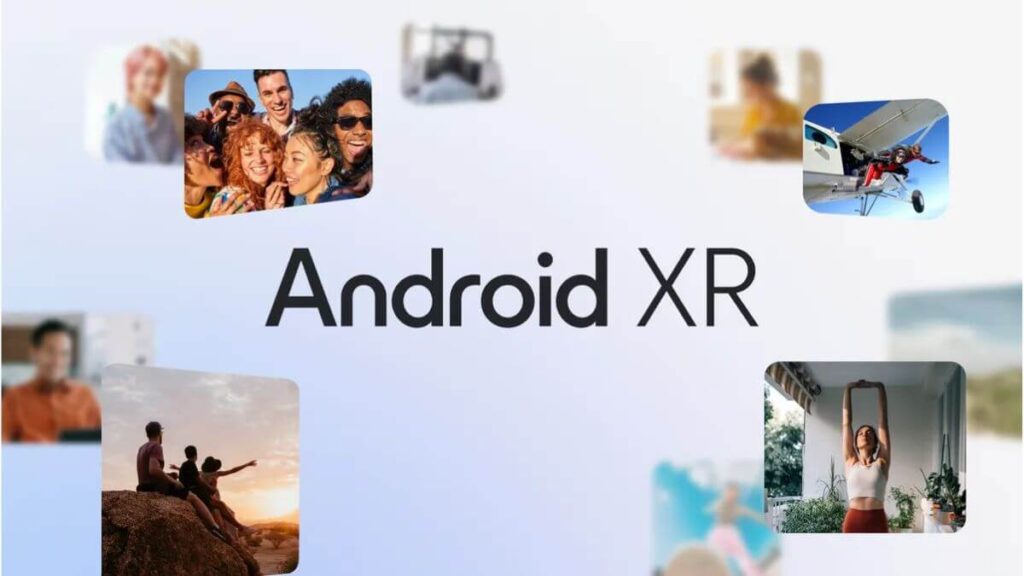On December 12, Google introduced Android XR OS, a powerful OS designed to enhance your experience with mixed-reality devices. This operating system is tailored for augmented reality (AR), virtual reality (VR), and artificial intelligence (AI) integration.
The new OS will support Google’s upcoming mixed-reality headsets and smart glasses. With Google Android XR, Google aims to improve gaming, productivity, and immersive experiences. Let’s explore this new operating system in more detail.
What is Google Android XR OS?
Android XR is Google’s latest operating system for XR devices. XR stands for “extended reality,” which includes AR, VR, and mixed reality. Google designed this OS to deliver powerful performance and seamless experiences for next-gen devices.
This operating system will work with various tools, making it easier for developers to create apps and games. Android XR supports popular development platforms like Android Studio, Jetpack Compose, ARCore, OpenXR, and Unity. These tools help developers create apps optimized for XR devices.
Gemini AI Assistant Integration
Google has announced that Android XR will include support for its Gemini AI assistant. This feature allows users to interact with their devices using natural language. You can ask questions or get assistance while wearing XR headsets or glasses.
The Gemini AI assistant aims to enhance productivity and provide real-time support. It will be available on all devices running Android XR, making virtual interactions more intuitive.
Gaming and App Development
Android XR offers advanced tools to develop games and apps for XR devices. Developers can create immersive gaming experiences using the features provided in the OS.
The first developer preview of Android XR was released recently. This version includes tools for app creation and optimization. Google wants to ensure that the platform supports high-quality content. This focus will help XR users enjoy smooth, engaging experiences.
How Does Android XR Compare to Apple’s visionOS?
Apple launched visionOS in 2023 for its Vision Pro headset. This operating system supports apps designed for the headset and iPad apps. Similarly, Google plans to make its apps, such as Google Photos, YouTube, and Google TV, compatible with Android XR.
These apps will offer a redesigned virtual display experience. Users can view their favorite content on a large, immersive screen while using XR devices. This feature could rival Apple’s approach to content viewing with Vision Pro.
Also read | Google’s New Restore Credentials Tool Simplifies App Login
Enhanced User Experience
Google is focusing on creating a user-friendly experience with Android XR. The OS will support features that combine AR, VR, and AI technologies. This integration will allow users to interact with the virtual world effortlessly.
For instance, you can access productivity apps, entertainment, and communication tools in a virtual environment. The seamless interface will make tasks easier and more engaging.
Why Android XR Matters
The launch of Android XR shows Google’s commitment to the future of XR technology. This OS will help unlock the full potential of XR devices. With features like Gemini AI and support for advanced tools, Android XR could lead the way in immersive experiences.
As more XR devices hit the market, users will demand intuitive operating systems. Android XR positions Google as a strong competitor in the XR space.
What’s Next for Android XR?
Google has released the first developer preview of Android XR. This version allows developers to experiment with the platform and build apps. Future updates will likely bring more features and improvements to the OS.
Google also plans to launch its new XR devices in the coming months. These devices will showcase the full capabilities of Android XR. Users can look forward to advanced features that combine AR, VR, and AI technologies.
Conclusion
Android XR is a groundbreaking operating system for extended reality devices. It enhances gaming, app development, and user interaction with tools like Gemini AI. Google’s redesigned apps and immersive content viewing will make XR devices more versatile.
This OS could transform how we interact with technology, merging virtual and real-world experiences. Stay tuned for more updates on Android XR and Google’s upcoming XR devices.

